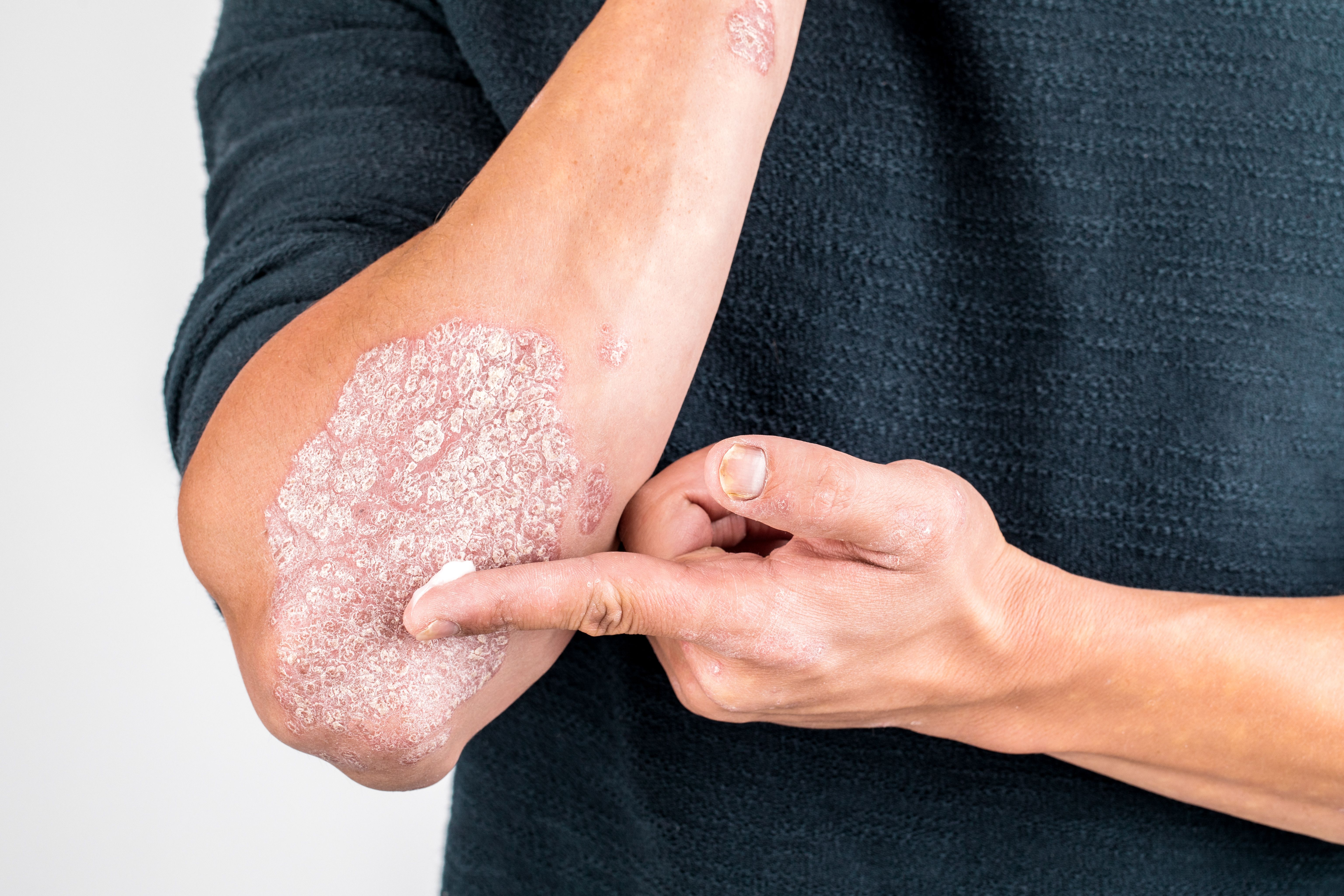- General Dermatology
- Eczema
- Chronic Hand Eczema
- Alopecia
- Aesthetics
- Vitiligo
- COVID-19
- Actinic Keratosis
- Precision Medicine and Biologics
- Rare Disease
- Wound Care
- Rosacea
- Psoriasis
- Psoriatic Arthritis
- Atopic Dermatitis
- Melasma
- NP and PA
- Skin Cancer
- Hidradenitis Suppurativa
- Drug Watch
- Pigmentary Disorders
- Acne
- Pediatric Dermatology
- Practice Management
- Prurigo Nodularis
Article
Compliance is shockingly understudied
Author(s):
Getting patients to use their prescriptions is another story-one that's shockingly understudied in dermatology. Just what works to improve medication adherence has stumped researchers outside dermatology. Several studies are cited.
Dermatologists are good at making the right diagnoses and prescribing the right therapies. But getting patients to use their prescriptions is another story-one that's shockingly understudied in dermatology, according to Steven R. Feldman, M.D., Ph.D., professor of dermatology, Wake Forest University School of Medicine, Winston-Salem, N.C.
"We always presumed patients would take what we prescribed and that's a ridiculous presumption that flies in the face of all the evidence. A better understanding of adherence probably will have more impact on patient outcomes than everything else [being studied]," Dr. Feldman says. "If you could hand patients with psoriasis the mediation, you've likely already made them more compliant. One study done on this in Denmark found that half of the psoriasis prescriptions were not filled!"[1]
His point? Research resulting in a drug that's 10 percent more effective is called a blockbuster. But if you could convert the 50 percent of patients who don't fill the prescription to ones who do, you might have 100 percent improvement. And that doesn't even begin to account for the potential improvements that could be achieved by getting patients who do fill the prescription to take the medication better.
"The potential for improvement in that kind of work is certainly enormous and probably a lot less costly," Dr. Feldman says.
Dr. Feldman is among those tackling research questions having to do with compliance. He and colleagues have looked at adherence in acne, atopic dermatitis and psoriasis and shown they're miserable, he says.
In one small study published in late 2013, Dr. Feldman and colleagues studied adherence to a five-day treatment course of topical fluocinonide 0.1 percent cream in atopic dermatitis. The median adherence rate: 40 percent.[2]
In September 2014, Dr. Feldman reported on treatment adherence in 193 adults taking medication for psoriasis and/or psoriatic arthritis. He concluded there is an opportunity for physicians to influence patients' perceptions of disease burden and quality of life. Physicians' focus on improving psoriasis patients' quality of life can be expected to improve treatment adherence and efficacy.[3]
"We've done work in acne showing that we can almost triple their use of medicine with a low-cost follow-up approach.[4] Right now, we're taking that technology and testing it in adolescents with psychological issues unrelated to dermatology, in people undergoing bariatric surgery unrelated to dermatology and in patients with hypertension, high cholesterol, diabetes and depression," he says.
"One of the nice things about dermatology is it's a terrific model system for poor compliance and development of interventions for improving compliance. It's so much harder to be compliant with the creams and things we recommend, than it is to just take a pill," he adds.
Just what works to improve medication adherence has stumped researchers outside dermatology. Researchers reviewing 182 trials testing different approaches for increasing medication adherence found no stand-out solutions.
"This review addresses one of the biggest challenges in health care," David Tovey, M.D., editor in chief of the Cochrane Library said in a press release.
"It's a real surprise that the vast amount of research that has been done has not moved us further forward in our understanding of how to address this problem. With the costs of health care across the world increasing, we've never needed evidence to answer this question more than we do now."[5],[6]
[1] Storm A, Andersen SE, Benfeldt E, Serup J. One in 3 prescriptions are never redeemed: primary nonadherence in an outpatient clinic. J Am Acad Dermatol. 2008;59(1):27-33.
[2] Hix E, Gustafson CJ, O'Neill JL, Huang K, Sandoval LF, Harrison J, Clark A, Feldman SR. Adherence to a five day treatment course of topical fluocinonide 0.1% cream in atopic dermatitis. Dermatol Online J. 2013 Oct 16;19(10):20029.]
[3] Feldman SR. Disease burden and treatment adherence in psoriasis patients. Cutis. 2013 Nov;92(5):258-63.
[4] Yentzer BA, Wood AA, Sagransky MJ, O'Neill JL, Clark AR, Williams LL, Feldman SR. An Internet-based survey and improvement of acne treatment outcomes. Arch Dermatol. 2011 Oct;147(10):1223-4.
[5] Only Half of Patients Take Their Medications as Prescribed: Are There Interventions That Will Help Them? [news release]. McMaster University; November 21, 2014. http://www.newswise.com/articles/view/626574/?sc=dwhr&xy=10012501
[6] Nieuwlaat R, Wilczynski N, Navarro T, Hobson N, Jeffery R, Keepanasseril A,Agoritsas T, Mistry N, Iorio A, Jack S, Sivaramalingam B, Iserman E, Mustafa RA, Jedraszewski D, Cotoi C, Haynes RB. Interventions for enhancing medication adherence. Cochrane Database Syst Rev. 2014 Nov 20
READ MORE:
Sophisticated research capabilities, big data accelerate discoveries of mechanisms, drug targets
Drug delivery options a hot research focus
Closing gaps in psoriasis research
Important gaps in dermatology research






